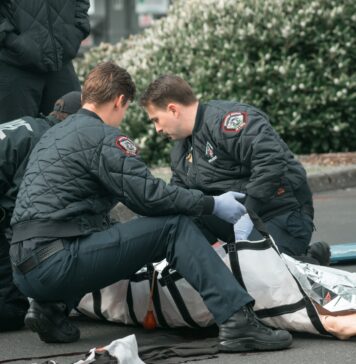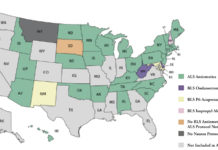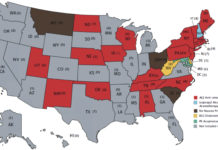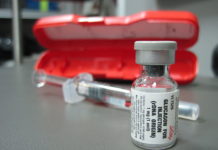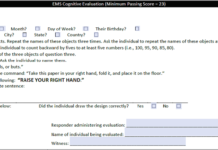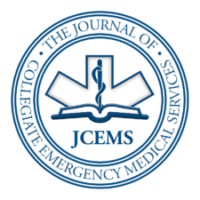Prehospital Antiemetic Therapy in Campus-Based EMS Services
Chuck et al. conducted a cross-sectional analysis of publicly available statewide emergency medical services (EMS) protocols in August 2019 examining the presence of antiemetic therapies at each provider level.
No IV, No Problem: A Cross Sectional Analysis of Antiemetic Therapies in Statewide...
Based on a cross-sectional analysis of statewide EMS protocols in the United States, adoption of BLS protocols for the treatment of nausea remains low.
Prehospital Management of Hypoglycemic Emergencies
This review discusses the pathophysiology and presentation of hypoglycemic emergencies, as well as assessment and treatment options across different scopes of practice for emergency medical services providers.
Benzodiazepine & Alcohol Co-Ingestion
This clinical review discusses the relevant pharmacology, clinical presentation, and treatment of patients who have co-ingested benzodiazepines and alcohol.
“Continuing Care” with EC-ERT
EC-ERT created a program called “Continued Care” (CC) to provide a prehospital care resource for patients who required additional time to monitor their condition until care could be terminated. Through its design and implementation, CC reduces non-emergent ALS transports, thus reducing strain on the county EMS system and local emergencies rooms.
Drug-Facilitated Sexual Assault
Clinical review of drug-facilitated sexual assault in the college environment, health effects of drugs and alcohol in facilitating sexual violence, and proper response and treatment guidelines for collegiate first responders.




